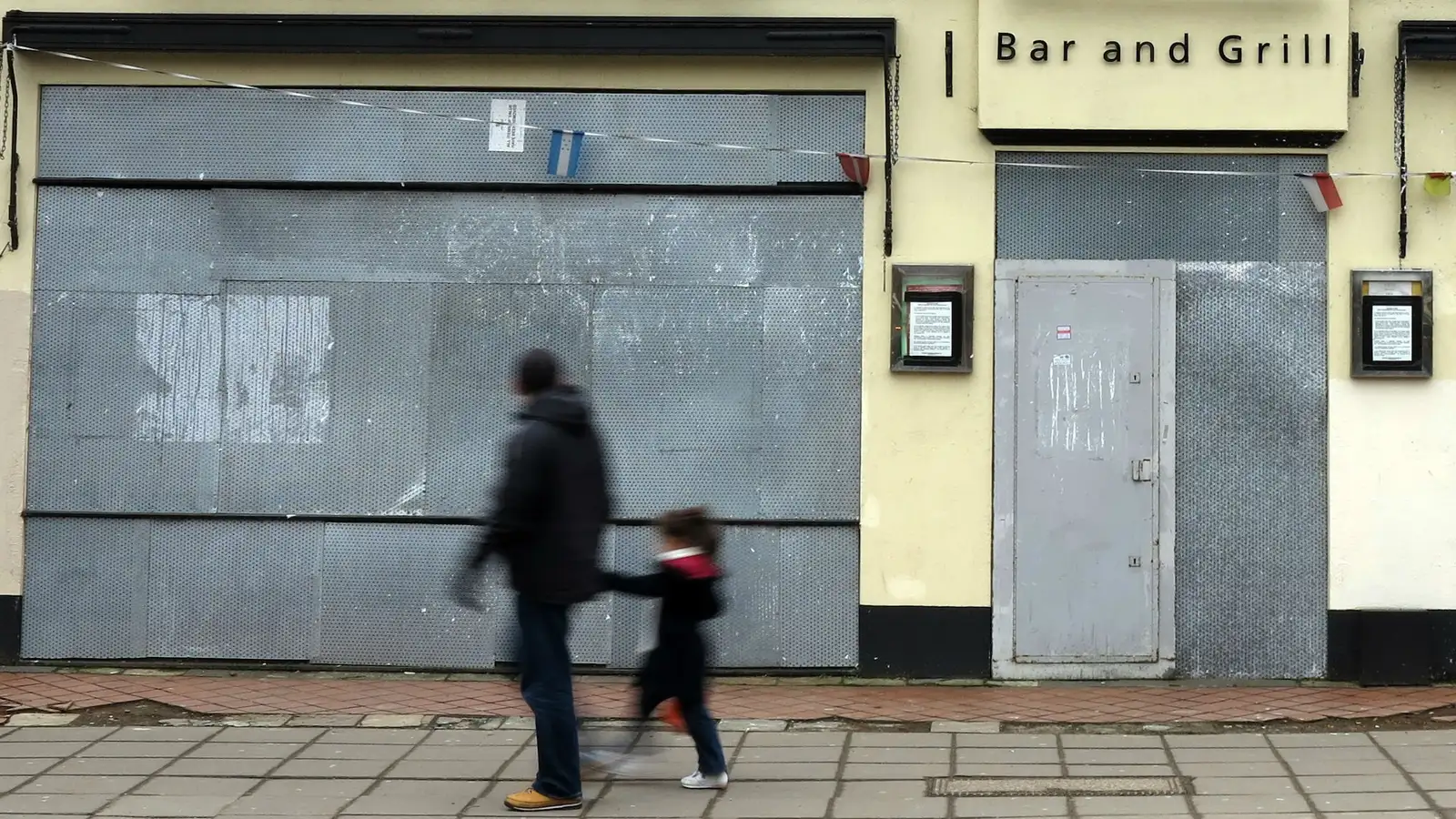Four of the United Kingdom’s biggest banks are about to start doling out billions of pounds to small businesses. The UK’s financial regulator said today that Barclays, Lloyds, HSBC and Royal Bank of Scotland would start going over past sales of interest-rate swaps to small businesses and compensating those that were “missold” the products, according to the Financial Services Authority’s (FSA) guidelines.
Pausing only to note that “missold” may be a euphemism for “dishonestly hawked”, in much the way that “misspoke” has become a politician’s euphemism for “lied”, let us look at the history. In the years before the financial crisis, pubs, bed-and-breakfast outfits, moving services and other small firms that wanted loans were also sometimes required to buy interest-rate swaps from banks, as a way to hedge against rising interest rates. It turns out, the FSA says, that many of these owners were duped. Exactly how, the agency doesn’t explain, but says that it has found “poor sales practice” and ”serious failings” on the part of the banks. When rates were slashed in 2008, businesses were stuck with bills of tens of thousands of dollars, according to the regulator. Business secretary Vince Cable said today, “This is an example of the little guy paying for the big banks’ wrong doing.”
Like, say, mortgage bonds backed by subprime loans, interest-rate swaps were one of the somewhat exotic financial products peddled wide and far in the boom years that inflicted significant damage when the financial crisis struck. The fallout of miscalculating, or being misled about, the downside risk to buying interest rate swaps has been felt around the world. The US city of Philadelphia is expected to lose $186 million because of bad interest-rate swaps. Jefferson County in Alabama famously went bankrupt after entering into interest-rate swap deals with JP Morgan worth $5.6 billion.
There are less high-profile cases in the UK, but they may be forthcoming as steam builds around the issue. Cable estimates that 40,000 to 50,000 businesses have bought these deals; the FSA says about 28,000 derivatives have been sold to people since 2001. Estimates for how much the compensation could cost the banks range from £1 billion ($1.6 billion) to £10 billion. The FSA says the banks have 6 to 12 months to complete their reviews.
